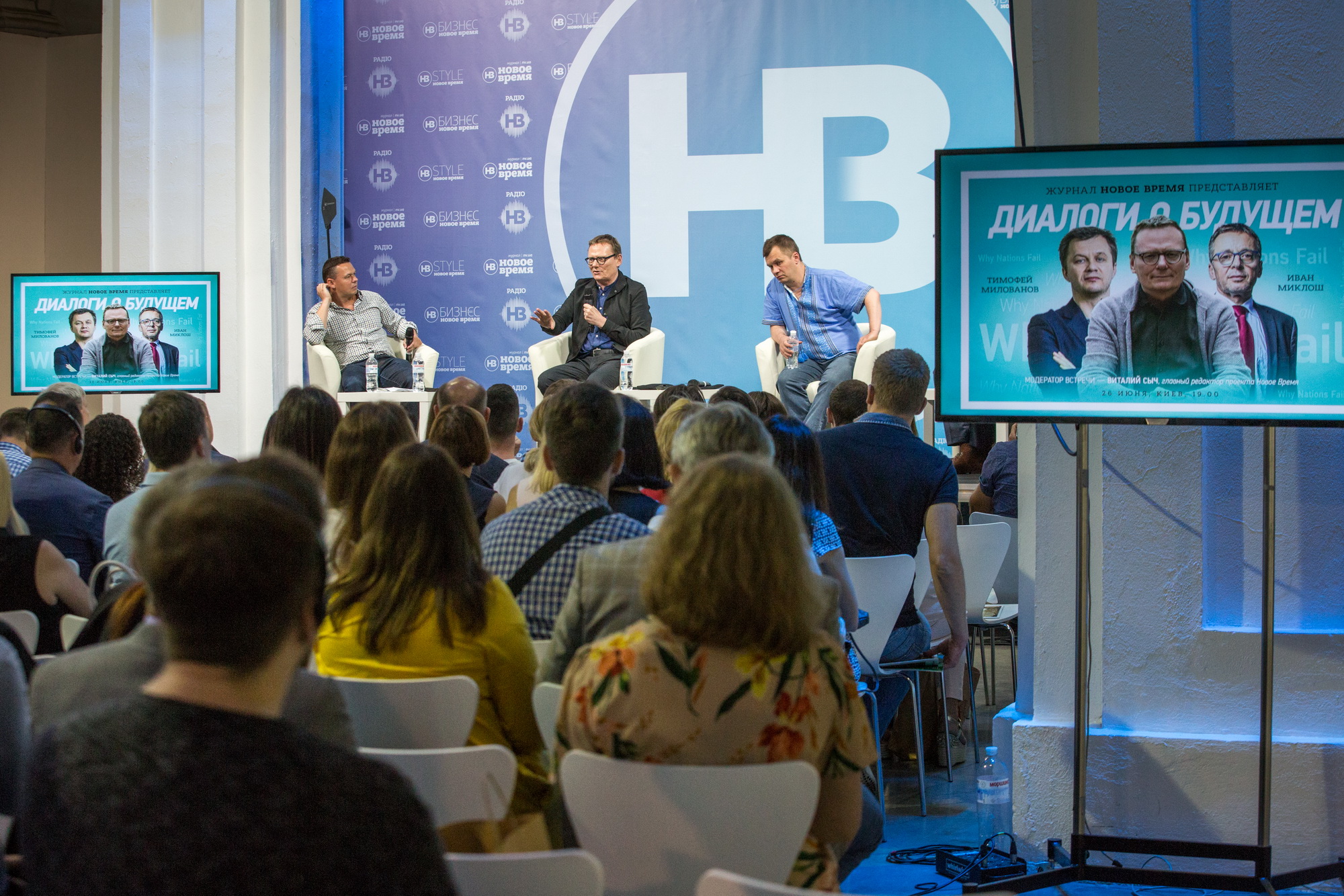The Future of the US Nuclear Deterrent
The Obama administration proposed an ambitious and expensive nuclear modernization program to replace all legs of the Triad — submarines, ICBMs, and bombers — with new systems. The Trump administration has indicated additions to the proposed Obama administration program.
Please join Professor James Robinson in welcoming John Deutch, Massachusetts Institute of Technology Professor Emeritus to The Pearson Institute. Informed by over 40 years of experience in the fields of chemistry, technology, energy, and international security public policy issues, Professor Deutch will discuss the division in opinion on the future of nuclear deterrence and how these difference will influence the way forward.
This event is part of a series of public events at the University of Chicago this fall entitled Nuclear Reactions that commemorates the Nuclear Pile-1.
RSVP


